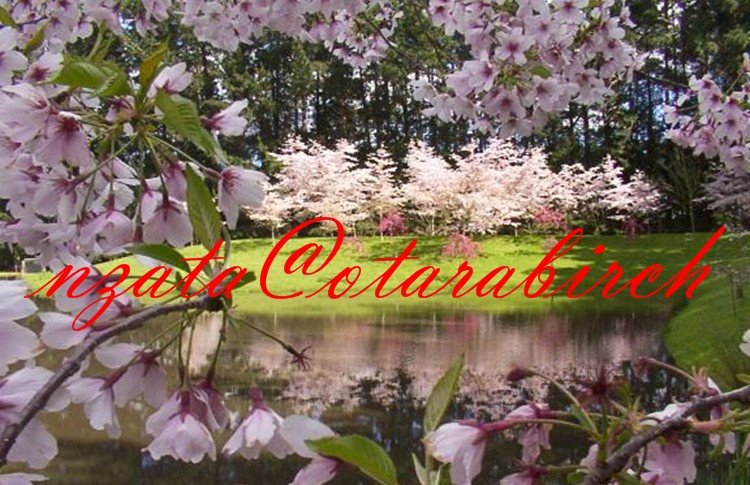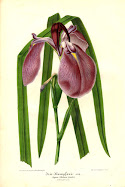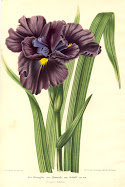
Shady Characters for those cool places.
Hostas ...
Hostas ...
with more Hostas.
The thrill of growing Hostas in your garden is very rewarding by providing so much pleasure in the cool, damp and shady places of the garden bringing great colours and leaf textures to often dull areas during the spring and summer seasons.
Eight years ago I took the plunge in joining The American Hosta Society (AHS) in my quest to find more information about these beautiful plants that I had developed a passion to die for. In this post I wish to share with you on how you too can get a good fix.... on growing these majestic plants.
Last Friday I received my Hosta Journal Volume 39, Number 1 which is posted to me 3 times a year in the form of a journal publication with updates including new Registrations of Hostas from the past year.
It is full of fabulous photo's of the latest available around the Globe from up and coming hybridizers and growers with a strong passion and dedication to their Hostas.
This latest Hosta Journal contains some of the following articles;
# 2008 Benedict Garden Performance Awards by Chuck Zdeb. Garden performance Awards of Merit of a years evaluation of hostas in trail garden situations to bring out the best of the best of Hosta performances.
# Questions and Answer: A section about questions and answers in this issue is given to streaking and the problems of global warming on growing Hostas.
# The Sports Page: Sports of Hosta 'Striptease' by Joshua Spece. H. 'Striptease' is a sport of Hosta 'Gold Standard', which is a sport of the chronically unstable H. 'Fortunei Hyacinthina'. Joshua describes about his wonderful journey of discovery with beautiful photo's of H. 'Striptease' which has a credit of 29 new sports which are all different to the original plant registered.
# Hybridizing: The Bees Don't Know You Goals by Don Dean. How the author carefully selected pod and pollens parents in his quest for better blues.
# The Hybridizer's Notebook: Things That Worked and things That Didn't by Steven Chamberlain. Many hybridizers experiment broadly with various combinations of pollen and pod parents. This discusses what works and what does not.
# Hostas in Scotland by Stephen Barker. The author writes about the collections of Hostas in Scotland and gardens operated by the National Trust and Historic Scotland. Stephen has a collection of over 850 hosta varieties.
# Trails and Tribulations: Growing Hostas in a Damp Climate by Ian W. Scroggy. Ian is from Carnlough, in Northern Ireland. The author writes about his high rainfall and his success in growing potted hostas on benches to allow excess water to drain away.
# Royal Hosta News from Britain. News about His Royal Highness, The Prince of Wales, becoming Patron of the British Hosta & Hemerocallis Society as from 1st January 2008. His woodland garden at Highgrove House in Tetley, Gloucestershire, is known for its fine hosta display.

The Hosta Journal publication offers the latest information on care, feeding, and hybridizing; pictures of new cultivars; and news of upcoming meetings and conventions both in the United States and around the World.
This publication is compiled by Editor "Bob Olson" for members of The American Hosta Society (AHS). This is a non-profit organization. The AHS is organized exclusively for educational and scientific purposes, and especially to promote, encourage, and foster the development of the genus Hosta and public interest therein.
International Membership is either 1 year to 3 years payable in USD dollars and well worth the investment for those serious about their Hostas.
Please visit the web site of the AHS, www.hosta.org to learn more about the Society also one can subscribe to becoming a International member (Pacific Rim for New Zealand) online with the use of a credit card. Yearly membership is from January 1 through December 31 each year.
So if you are a Hosta lover from around the Globe and would love to receive quality Hosta information plus other benefit's of being a member, you should give serious thought to joining The American Hosta Society.
I would like to express my thanks to The American Hosta Society (AHS) and the Hosta Journal Editor and Authors in their articles of The Hosta Journal, Volume 39, Number 1 from which information contained has been used in the creation of this post.





No comments:
Post a Comment